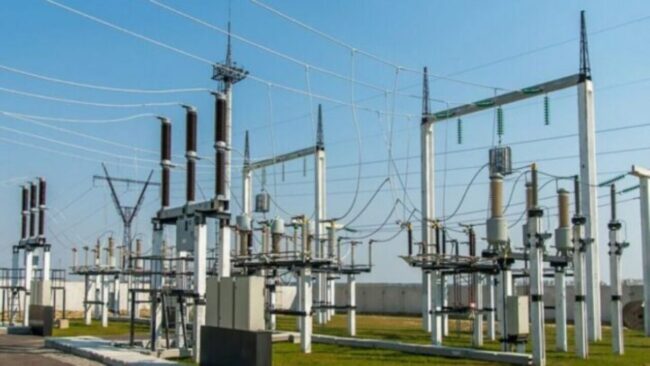Following the newly approved tariff, electricity subsidy for the 2024 fiscal year is expected to reduce by about N1.14 trillion.
According to the Nigerian Electricity Regulatory Commission (NERC), this is in furtherance of the Federal Government’s realignment of the subsidy regime.
Justifying the newly upward review of electricity tariff, the commission said it was in pursuant to the provisions of the Electricity Act 2023, which mandated NERC to allow a licensee operating in the Nigerian Electricity Supply Industry (NESI) to charge rate sufficient to recover the full cost of its efficient operation including a reasonable return on the capital invested in the business.
The determination of such rates, a statement by the management of the commission said was subject to extensive reviews, having regard to the imperative for protecting customers while allowing investors to recover sufficient revenue to incentivise investments necessary for continuous improvement in service delivery.
It reads, “The Federal Government of Nigeria has indicated a transition in policy direction towards introducing a more targeted subsidy regime aimed at mitigating the impact of changes in macroeconomic parameters while largely protecting vulnerable customers and fostering investments targeted at providing efficient service delivery in the Nigerian Electricity Supply Industry (NESI).
“The commission has conducted a thorough review of the tariff applications submitted by the eleven successor electricity distribution companies in line with the processes established in our regulations and business rules.”
The review process, it said was preceded by an analysis of the Performance Improvement Plans of the licensees and included a public hearing during which interested stakeholders and intervenors examined the rate filing submitted by the public utilities.
“The overarching objective of the Commission in the consideration of the tariff application is the creation of a financially sustainable electricity market providing adequate and reliable power supply to drive the Nigerian economy.
“The commission, upon due consideration of the tariff applications, has approved revised rates affecting only customers classified under Band A service category (about 15% of the customer population); empirical service data has confirmed that this class of customers have truly received the committed level of service,” the statement read.
Under the revised tariff order issued by the commission, it added that DisCos are under an obligation to provide customers classified under the Band A service category a minimum average supply of 20 hours/day measured over a period of one week.
“All other customers under Band B to E-service category and representing 85% of customers population would not be affected by the current review of end-user tariffs,” the statement by NERC read.
It said that all DisCos have been provided with mandatory targets for investments and migration of more customers to the Band A service category.
It said the Commission has established a robust monitoring framework leveraging technology to ensure that the public has visibility of the service covenant with their service providers.
It added that an enforcement and compensation mechanism had been established, in the event of service failure.
Assuring all Nigerians, NERC said: “Working in collaboration with the policymakers remains committed to providing adequate and reliable electricity to all citizens as we work diligently with state governments to deliver on the gains of the Electricity Act 2023.”
ALSO READ THESE TOP STORIES FROM NIGERIAN TRIBUNE
